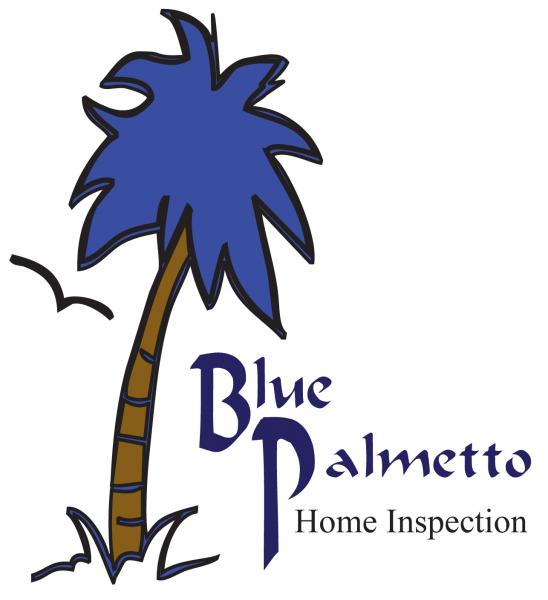- Home - Blue Palmetto Home Inspection of Summerville and Charleston
- Learn About Us and This Charleston Home Inspector
- What's Inspected
- Charleston Lowcountry Inspection Areas (geographic)
- Testimonials
- >>>Blogs (educational)
- Sample Reports & Documents
- Why Get a Home Inspection Report
- Charleston's Top Ten Reasons
- Home Inspector Photo Galleries
- Pricing
- Scheduling and Customer Information
- Home Inspection Authorization Contract
- General Scope of Work (electronic)
- Home Inspection Customer Satisfaction Survey
- Privacy Policy
- Full site
- The Roof Framers Field Manual
type m copper and polybutylene pipes
Submitted by Ray Thornburg on Tue, 08/02/2011 - 12:30
 Polybutylene and Type M Copper Pipes
Polybutylene and Type M Copper Pipes
When I was a teenager my dad would send me under our house in Aiken to fix the leaking pipes. You see, we had these copper pipes that would develop these pinhole leaks. The process was always the same. I would take a hacksaw; cut the pipe in half and put a pvc compression fitting over both ends to fix the leak. It was later that I learned that this was type M copper which is thinner than the type L or type K which is commonly used in construction. Type M is approved but because of its thinner wall thickness it will sometimes develop pinhole leaks in certain types of water. It may last many years before a leak occurs though. I have seen vibrations from new plumbing repairs on one side of the house make the pipes leak in a different part of the building. Type M copper is usually stamped with red ink designating its type. In my experience this type of pipe is not always problematical. Sometimes I see very old piping in good shape. It is thought that variations in the manufacturing process may be a factor.
Here is a picture (courtesy of internachi) that shows the thickness of each kind of pipe and how to identify them by the color of ink printed on the pipe. Click picture to enlarge
It was when I was framing houses in Mt. Pleasant in the early eighties that I spotted this new product being used. It was a grey plastic type pipe called polybutylene. This stuff was pretty tough (I thought) when I took a short section and tested it by slamming it against a corner post. Of course as we now know polybutylene was no panacea. Polybutylene was manufactured between 1978 and 1994 and was installed in 6 to 10 million homes. It is thought that chlorine in public water cause flakes and micro fissures which leak. Leaks generally occur near joints and the fittings where they are crimped. Polybutylene is usually stamped pb 2110..... but not always and it isn't always grey. Polybutylene pipes can burst without warning or leak slowly behind wall coverings causing mold and water damage. Although many people who have these types of pipes do not experience problems it is important to note its presence on your home inspection report if possible.
If you need a home inspection in the Charleston Lowcountry area call Blue Palmetto Home Inspection at 843-608-5851 or email us here.

